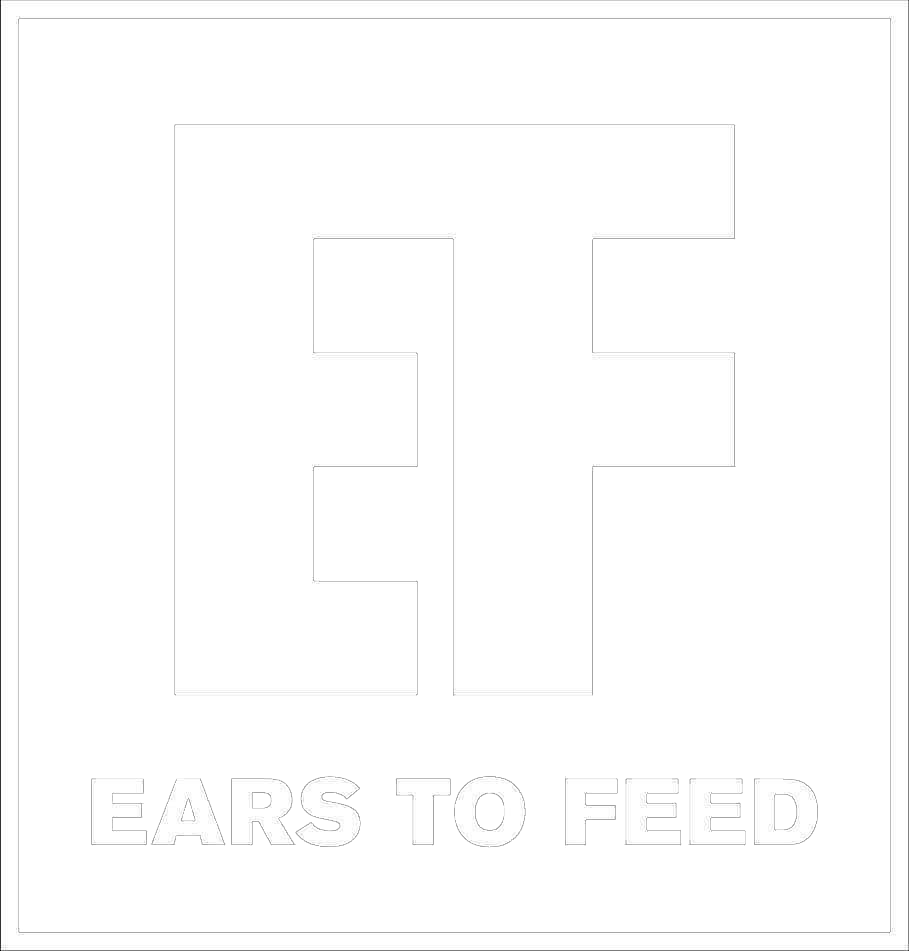When Alan Sparhawk started LOW with his wife, Mimi Parker, in 1993, the long-running Duluth, Minnesota band had no intentions of leading a musical movement.
The couple was interested in melting away any attachment to the thick flannel waves of distortion coming from the Pacific Northwest at the time, and re-defining heaviness with stark intimacy. As exciting as the slowcore movement was, it’s legacy and stain threatened to build a tiny cage around a group that aimed to avoid being closed in by loud, quiet dynamics.
That all started to change when the band linked up with producer BJ Burton for their dark, exploratory 16th album Ones and Sixes. The album was something of a revelation for the band who could have been left alone and applauded for refining their already established sound.
There was a new and exciting sense of direction, which not many bands would take advantage of this late in their careers. On their third straight collaboration with Burton, LOW have come back to orbit from the matter-splitting heights they reached with their 2018 masterpiece Double Negative, emboldened and with an unflinching courage to take things into the red with the stunning HEY WHAT.
Within the first moments of the album’s opener “White Horses”, two things are made abundantly clear; the clipped and distorted chops — which are either keys or guitar strums — that keep the song’s tempo tells you that LOW is not ready to back away from the experimentation that has defined their later career. The second is that Sparhawk and Parker are ready to let their vocal harmonies occupy center stage on the mix, a difference from Double Negative where most of the vocals were obscured and, in some cases, reserved for textural purposes. Once Sparhawk’s guitars finally unload on the song’s final chorus, the pent up tension is released with a wash of guitars that sound like Sunn O))) miking their guitar amps in a jet hangar.
The increased speed of the verse riff as an outro creates a flawless transition into the next song, “I Can Wait” that will surely stand your neck hairs on end and make you oblivious to gravity. A sensation that LOW has been known to conjure time and time again, and does throughout HEY WHAT.
The first half of the record takes on an ethereal song-suite aesthetic, culminating in the album’s nearly eight-minute centerpiece “Hey”. As the song dissipates into free-form cloudlike tones, Parker announces the album’s title with her drawn out angelic falsetto that hits like the icy last moments of cryotherapy.
The next song and the album’s first single, “Days Like These” comes with a sense of reprieve as it divides a line between the swirling textures built in the five songs that preceded it. The song is a master class in audio push and pull, as Sparhawk’s gently strummed chords provide space and patience before overwhelming. Coming from a band that has not been secretive about their faith, the song’s lyrics are crushing blow and a deflating look at the state of the contemporary world.
“No, you’re never gonna feel complete. No, you’re never gonna be released,” the two sing in harmony like a gospel hymn from a cyberpunk dystopia. “Maybe never even see, believe. That’s why we’re living in days like these again.”
On the album’s closer, “The Price You Pay (It Must Be Wearing Off)”, a curious element is introduced: Parker’s drumming. Sparhawk has dispelled this recently via twitter, saying that there are drums throughout the record, though, they are buried underneath the leviathan like guitars and synths. Regardless, they appear as the song builds steam, it acts as a guiding light as they try to land the vessel in turbulence.
“I know what you want, to forget the hurt,” the duo sings before the track builds to its climax. “But either side you’re on, you get what you deserve.” After riding a satisfying noisey groove when the song gets going, the band cuts completely to allow the two to sing, “It must be wearing off” in a gorgeous harmony.
When the album’s last seconds fade away, you are left gasping for air. No doubtedly, changed from your experience.
While the band opened the floodgates to new sonic possibilities with Burton on Double Negative. Any doubts this phase would be temporary or that Sparhawk and Parker had squeezed all of the otherworldly exploration they could from their last two albums are emphatically dashed with HEY WHAT. It’s a towering achievement that reveals and astonishes with repeat listens.
